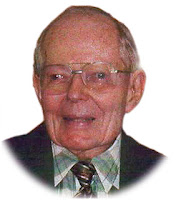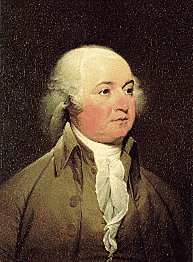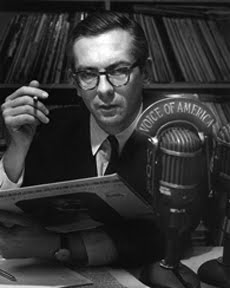Given all the other many changes at the Rapid City Journal of late, I'm especially sorry to see the departure of Bill Harlan from the paper. I've always enjoyed his solid reporting and his ability to enliven complex or otherwise mundane stories. He did a great job for the Journal.
-
I'd just become accustomed to saying "Doo-sul" for Deep Underground Science and Engineering Laboratory (DUSEL)." That's where Bill Harlan will now hang his hat as the public information guy. But now, thanks to the infusion of mega-bucks from T. Denny Sanford, it's apparently called the Sanford Underground Science and Enginering Laboratory. I'm going to have to work at calling it "Soo-sul." Or maybe Bill can help them come up with something that sounds less like like a suppertime dish, although I must admit it's a rather catchy acronym.
-
Bill was feted with a Governor's proclamation last week -- Friday was his last day on the job for the Journal. Even thought the proclamation was the handiwork of Harlan's RCJ colleague Kevin Woster, I felt there was a bit of irony in its being signed and read by Governor Mike Rounds.
-
Bill Harlan represents the best of reporting the news -- even that news lurking in the shadows of government. Sometimes it's information that many in the circles of power would just as soon remain tucked away -- making their jobs "easier." Governor Rounds has represented the keeper of the key -- the key that keeps much public information locked up away from the public that owns the information. Of course, all that's secret is kept concealed to protect our privacy. Right. And there's certainly no hanky-panky or embarrassing information that anyone's trying to keep under wraps (wink-wink).
-
Nonetheless, it was good to see the keeper of the information (Rounds) and the reporter of the information (Harlan) dropping their guards for a bit. It was appropriate to acknowledge Bill Harlan's good work in the newspaper business.
-
We only hope Bill's successor, and other news folk, will continue the work necessary to help lead South Dakota's arcane public records law out of the darkness and into the sunshine.
-
As for Bill, his new work down in the mine should come easy. After all, he trained for it by trying to dig into the dark recesses of South Dakota public records. The mine should be a snap!
-
Good luck, Bill!




a.jpg)














